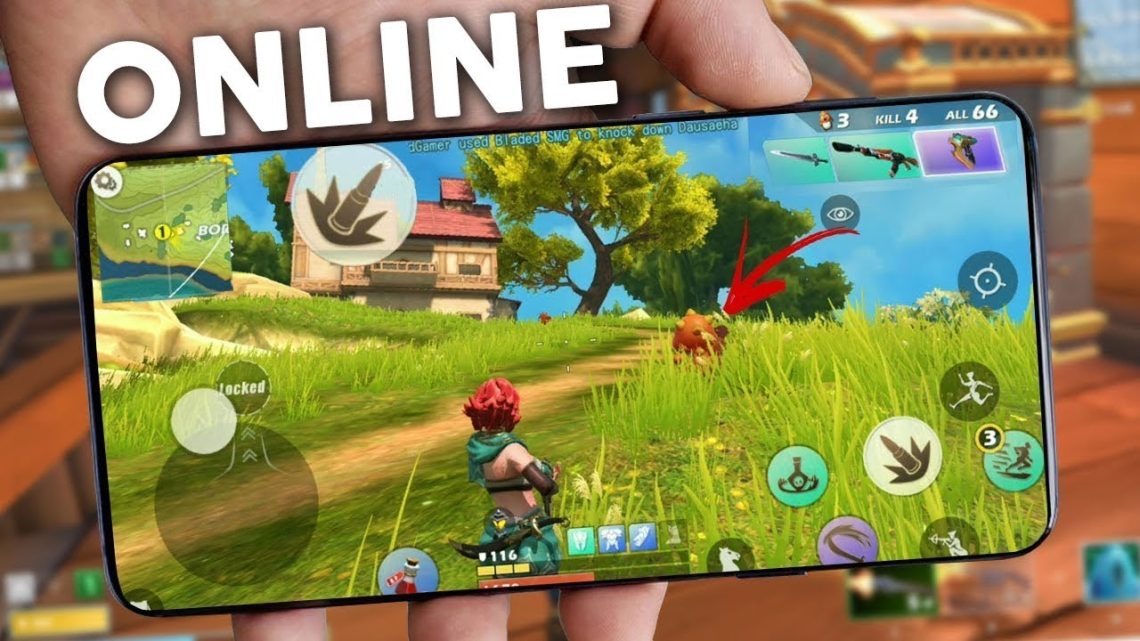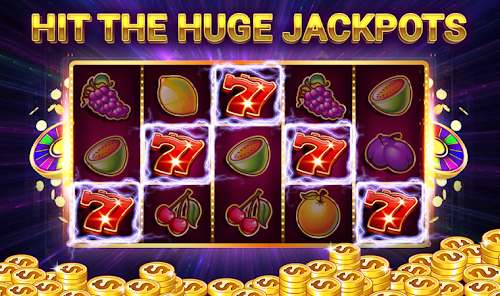In the sprawling landscape of the internet, where connectivity transcends physical boundaries, online games stand out as vibrant hubs of entertainment, social interaction, and artistic expression. From the humble origins of text-based adventures to the immersive worlds of modern massively multiplayer online games (MMOs), the evolution of online gaming has been nothing short of remarkable. Let’s embark on a journey through the digital realms and explore the unique allure of online Yuki138 link games.
A Brief History
Online gaming traces its roots back to the early days of computer networking. In the 1970s and 1980s, primitive text-based games like MUDs (Multi-User Dungeons) laid the groundwork for multiplayer experiences. These rudimentary games, though simplistic by today’s standards, fostered the sense of shared exploration and collaboration that would become defining features of online gaming.
The 1990s saw the emergence of graphical MMORPGs like Ultima Online and EverQuest, which transported players to visually stunning fantasy worlds populated by thousands of fellow adventurers. These pioneering titles introduced concepts like character progression, virtual economies, and player-driven narratives, setting the stage for the explosion of online gaming in the decades to come.
The Rise of Esports
While MMORPGs flourished in virtual fantasy realms, competitive gaming, or esports, began to gain traction in the late 1990s and early 2000s. Games like StarCraft, Counter-Strike, and later, League of Legends and Dota 2, captivated audiences with their fast-paced action and strategic depth. Esports tournaments evolved from small grassroots events to massive spectacles held in arenas around the world, attracting millions of viewers and offering lucrative prize pools.
Esports not only transformed online gaming into a legitimate form of competitive sport but also fostered a vibrant community of players, fans, and content creators. Streaming platforms like Twitch became virtual gathering places where gamers could connect, share strategies, and witness epic showdowns between top players.
The Social Dimension
One of the most compelling aspects of online gaming is its ability to forge connections between players across the globe. Whether teaming up with friends to tackle a raid boss in World of Warcraft or engaging in friendly banter with rivals in a multiplayer shooter, online games offer a platform for social interaction unlike any other.
Virtual worlds serve as canvases for self-expression, allowing players to customize their avatars, build virtual homes, and participate in player-run events and festivals. These digital communities transcend geographical boundaries and provide a sense of belonging and camaraderie for millions of players worldwide.
Artistry and Innovation
Beyond their social and competitive elements, online games are also celebrated for their artistic merit and technical innovation. From breathtaking landscapes and intricately designed characters to dynamic gameplay mechanics and cutting-edge technology, online games push the boundaries of creativity and immersion.
Indie developers, in particular, have embraced online platforms as a means of showcasing their talents and reaching a global audience. Games like Minecraft, Among Us, and Stardew Valley have captured the hearts of players worldwide with their charm, creativity, and addictive gameplay, demonstrating that innovation and originality can thrive in the digital realm.
The Future of Online Gaming
As technology continues to advance, the future of online gaming looks brighter than ever. Virtual reality (VR) and augmented reality (AR) promise to revolutionize the way we experience games, immersing players in fully interactive digital worlds where the line between reality and fantasy blurs.
Furthermore, the rise of blockchain technology and non-fungible tokens (NFTs) is poised to reshape the economics of online gaming, offering new opportunities for player ownership, decentralized economies, and digital asset trading.





